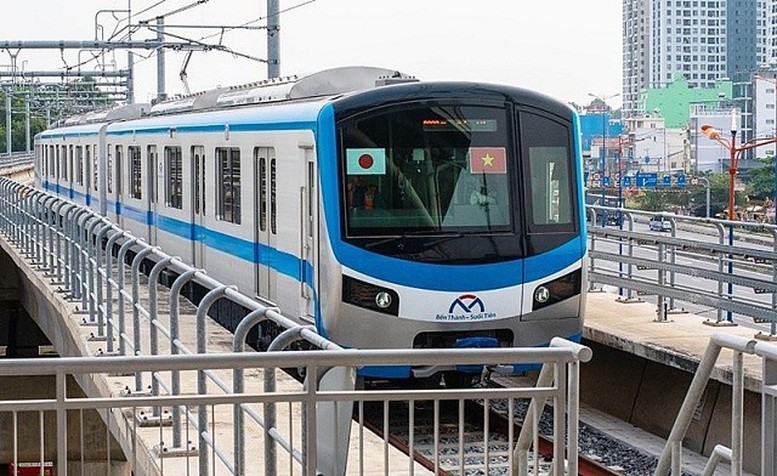
This Decree details a number of articles and provides implementation instructions on the contents, order, procedures, and authority to implement specific mechanisms and policies, especially in the Resolutions of the National Assembly on: High-speed railway project on the North-South axis; investment project to build the Lao Cai - Hanoi - Hai Phong railway line and urban railway projects in Hanoi and Ho Chi Minh City.
In particular, Decree No. 123/2025/ND-CP clearly stipulates general regulations on project implementation and principles for applying technical standards and regulations.
Principles and general regulations on project implementation
The Decree regulates the survey, preparation, appraisal, approval of projects, construction design; capacity management; management of construction investment costs; contractor selection, construction contract management; and consolidation of specialized project management boards in accordance with specific mechanisms and policies specifically stipulated in this Decree. Contents not stipulated in this Decree shall be implemented in accordance with the Government 's regulations on construction management, construction investment cost management, construction contract management and relevant laws.
Project preparation, appraisal, approval, construction design; contractor selection; contract management must ensure publicity, transparency, and compliance with regulations on anti-corruption, waste and negativity.
Apply building information modeling (BIM) to projects; encourage data integration from geographic information systems (GIS), asset management systems (AIM) and digital twins, simulate and evaluate options, manage project operations, modern technologies, digital technologies in surveying, design, and construction.
For projects that have FEED design instead of basic design in the Construction Investment Feasibility Study Report, construction design is implemented in a 2-step design sequence including FEED design and construction design implemented after FEED design (detailed design according to international practices or construction drawing design), ensuring technical requirements and applicable standards.
The Decree stipulates that the project is implemented in parallel, at the same time, combining the work contents in the project preparation phase as prescribed in this Decree to speed up the project implementation process, but it is necessary to ensure the order of completion and ensure the consistency of the entire project.
The preparation of the Feasibility Study Report for the construction of a railway project and the planning of the vicinity of the railway station and the TOD area planning for the urban railway line must be closely coordinated to ensure reasonable spatial and traffic connections. In case the implementation of the FEED design of the project leads to the adjustment of the boundary of the railway station, the investor must promptly notify the agency or organization that has planned the vicinity of the railway station and the TOD area for updating and adjusting accordingly.
The project hires foreign consultants to perform project preparation support work, project management, preparation and review of construction investment feasibility study reports, construction supervision, system safety assessment, legal advice and some other consulting work as decided by the competent authority.
In addition to the work on construction survey; preparation and appraisal of the Construction Investment Feasibility Study Report and other necessary work related to project preparation specifically prescribed in Chapters II, III and IV of this Decree; the activities to be carried out in advance as prescribed in Clause 16, Article 3 of Resolution No. 172/2024/QH15 and Clause 4, Article 4 of Resolution No. 188/2025/QH15 shall be prepared, appraised and approved for specific cost estimates as follows:
- The investor or the agency or organization assigned to prepare the cost estimate for the activities to be performed must prepare the estimate and submit it to the competent authority for appraisal and approval;
- Costs of performing work in compensation and resettlement support are carried out in accordance with the provisions of law on compensation and resettlement support;
- The costs of the investor and the Project Management Board (including the costs of building headquarters, field offices, purchasing vehicles, equipment, and training) to carry out pre-implementation activities are determined by making estimates in accordance with the assigned tasks, scope, and content of the work to be performed. These costs are advanced from the project management costs;
- The cost estimates of pre-implemented activities approved according to the provisions of Point a of this Clause shall be updated in the total construction investment when permitted by the competent authority;
- Based on the decision to approve the cost estimate, the agency assigned to prepare the cost estimate shall report to the competent authority to arrange capital from the central and local budgets in the medium-term public investment plan and the annual public investment plan.
Projects currently being implemented that are on the list of those subject to special mechanisms in Resolution No. 188/2025/QH15 may use counterpart funds to continue implementing project work in case of a request to change or stop ODA capital and foreign preferential loans to meet project progress requirements. The implementation of procedures on project capital sources and project adjustments must comply with relevant legal provisions.
Principles of applying technical standards and regulations
The Decree stipulates that construction design must comply with technical regulations and standards applicable to the project. The application of international, regional and foreign standards must ensure compatibility with relevant standards applicable to the project and be suitable to actual conditions in Vietnam.
The selection of standards to apply to railway projects specified in this Decree is carried out as follows:
- The standards applied to the North-South high-speed railway project must be considered and approved by the investment decision maker during the process of preparing the Investment Construction Feasibility Study Report; stated in the project approval decision or in a separate document;
- The standards applied to the Lao Cai - Hanoi - Hai Phong railway project are implemented according to the agreement between the two Governments on the technical assistance project and ensure compliance with practical conditions in Vietnam;
- The technical regulations and standards applicable to the urban railway network in Hanoi and Ho Chi Minh City shall be decided by the City People's Committee to be applied to projects in writing after receiving the consensus of the Ministry of Construction. The Ministry of Construction shall be responsible for giving opinions on the content of the City People's Committee's proposal within a maximum period of 20 days from the date of receipt of complete dossiers, documents and written proposals from the City People's Committee;
- During project implementation, if necessary, the investor may propose to change or supplement the applicable standards when the change or supplement does not change the contents leading to the requirement to adjust the project and must be approved by the project management agency.
For urban railway projects that have implemented FEED design before this Decree takes effect, if during project implementation there is a requirement to update or adjust the FEED design, it is necessary to review, update and supplement the standards applicable to the project on the basis of ensuring the above principles and ensuring the economic and technical requirements of the Project.
Source: https://baolaocai.vn/quy-dinh-ve-thiet-ke-ky-thuat-tong-the-cho-mot-so-du-an-duong-sat-post403166.html
















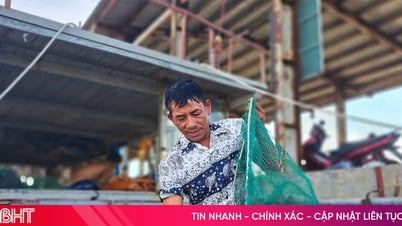
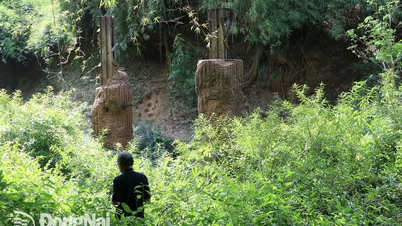





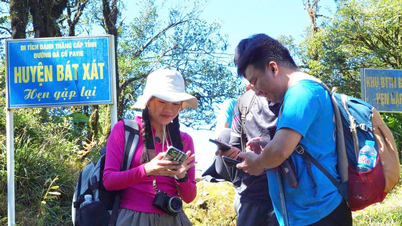
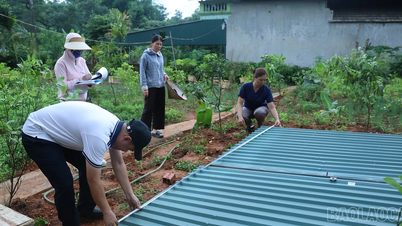


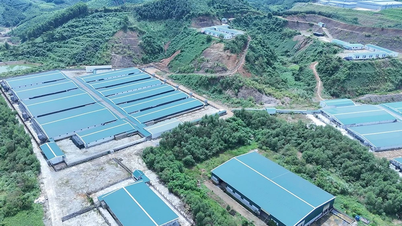









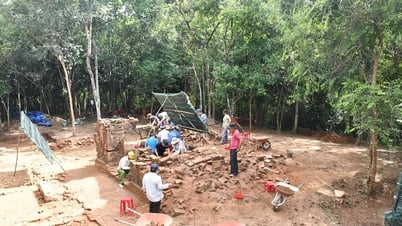












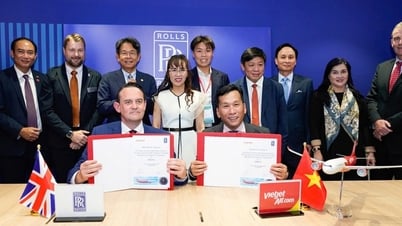

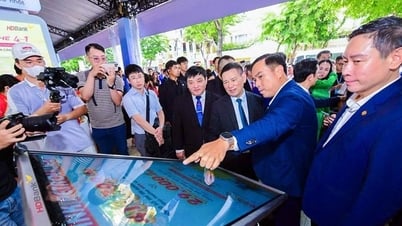

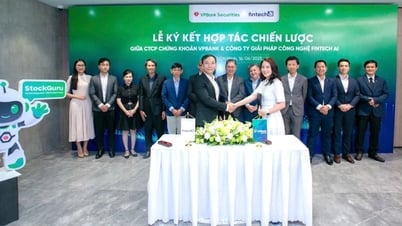





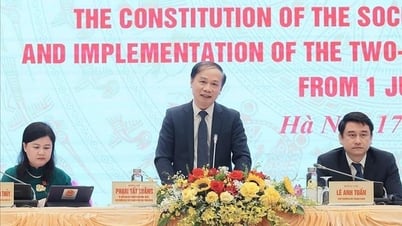




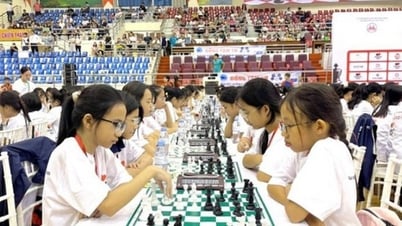

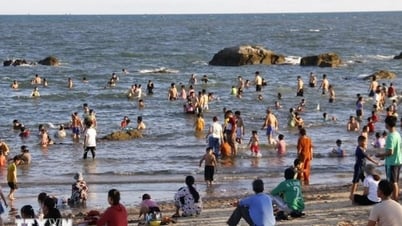
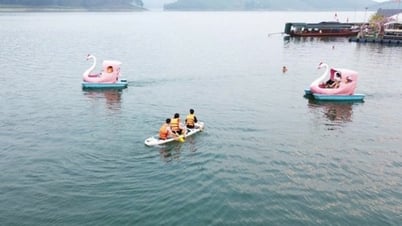








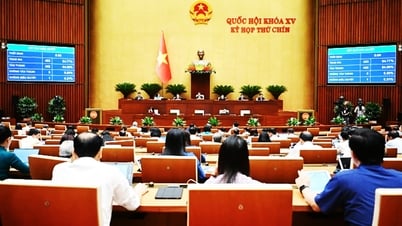











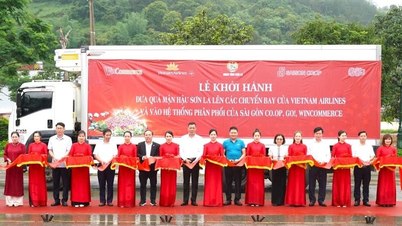

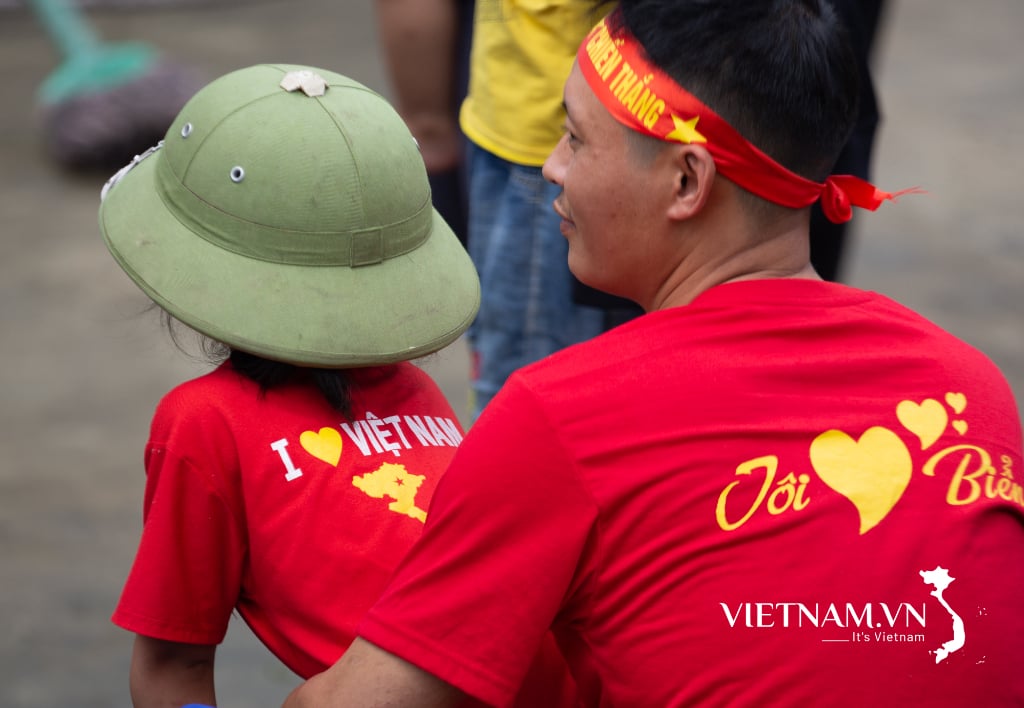
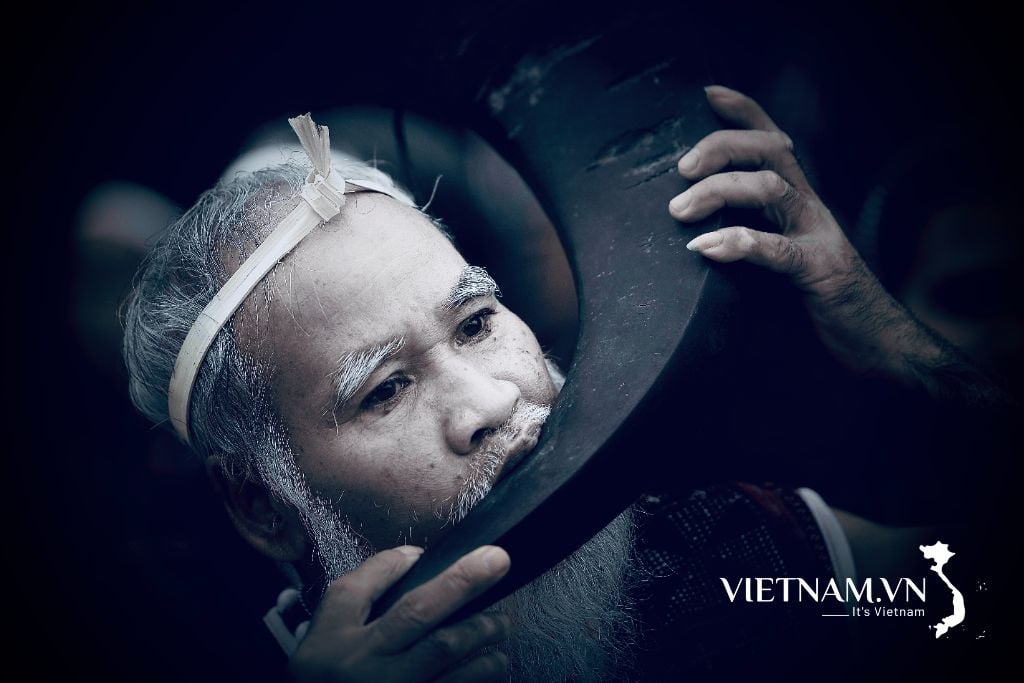


Comment (0)